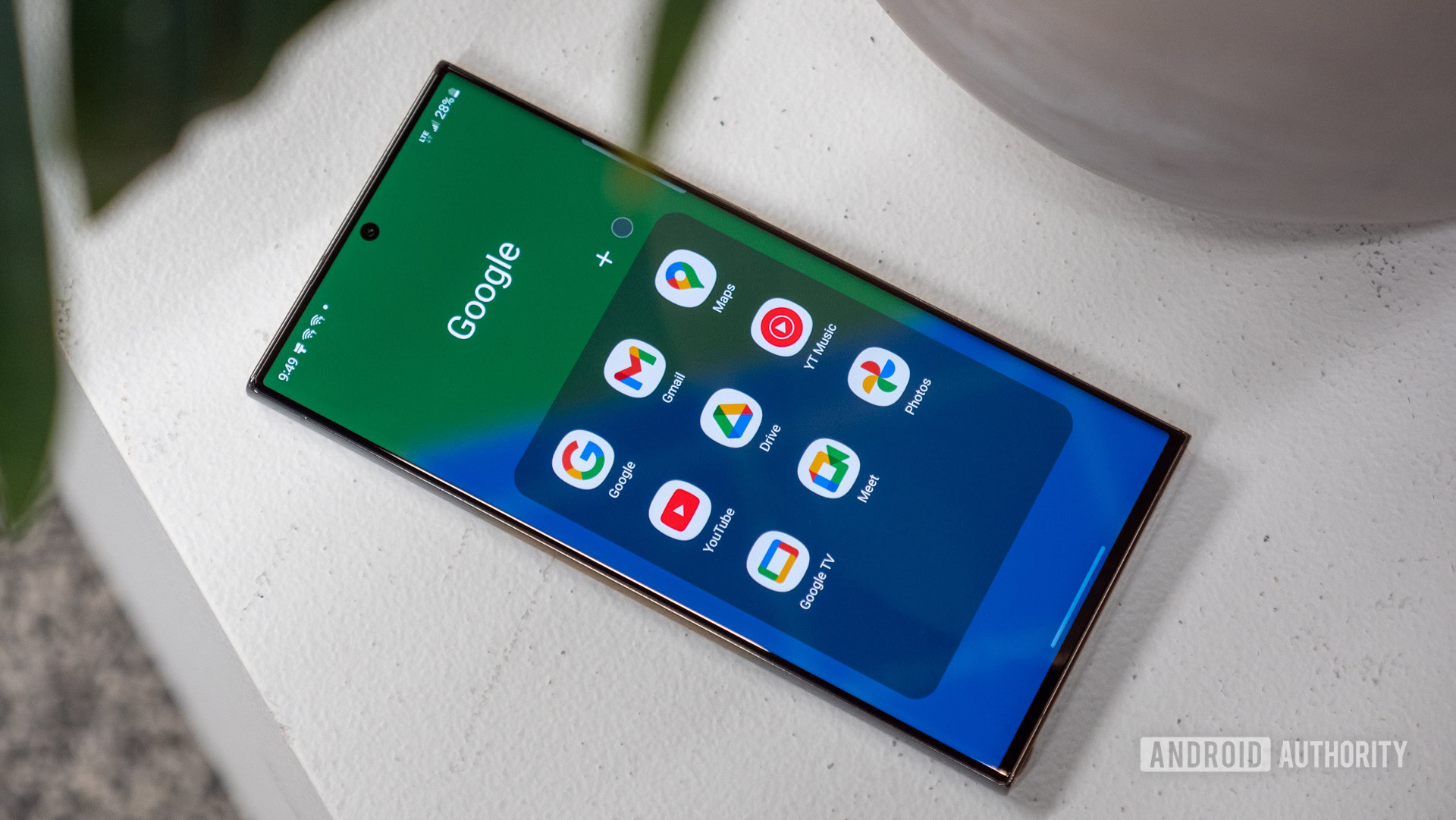Affiliate links on Android Authority may earn us a commission. Learn more.
Google paid Samsung billions for Play Store and Search monopoly: Epic trial

- Google apparently paid Samsung $8 billion over four years to keep Search, Assistant, and Play Store as default services on its phones.
- Documents reveal Google also wanted the Galaxy Store to be available through the Play Store at one point.
The ongoing Google vs. Epic trial has brought out another interesting piece of information. As per testimony presented by Epic Games (via Bloomberg), Google paid Samsung $8 billion over a period of four years to keep Search, Assistant, and Play Store as default services on Samsung phones.
When questioned by Epic’s lawyers on Monday, James Kolotouros, Vice President for Partnerships at Google, said that Google struck deals with Android phone makers to ensure their devices were pre-loaded with the Google Play Store. Kolotouros testimony further revealed that Samsung’s phones and other devices account for half or more of the entire Google Play Store revenue.
In 2019, Google reportedly ran an initiative called “Project Banyan.” Under it, the company invested funds so the Google Play Store could remain on Samsung devices alongside the Galaxy Store. The company even offered to pay $200 million over four years to Samsung to make the Galaxy Store available within the Play Store, complete with its billing system. However, those plans were later scrapped, and Google reportedly signed three deals worth $8 billion with Samsung.
One internal document also shows how Google saved $ 1 billion over four years by backtracking on its request to make Play Store the only app store shown on the home screen of Samsung devices. However, as per Kolotouros, Google and Samsung never agreed to bar Samsung from putting its Galaxy store on the home screen of its devices.
Epic is trying to show that Google discouraged third-party app stores on Android devices by paying device makers to pre-install and make the Google Play Store the default app downloading destination. Google has been striking such deals for a long time, and they are also under scrutiny in a separate anti-trust suit brought on by the Department of Justice.
Meanwhile, Google’s lawyers presented an internal 2019 email from Jamie Rosenberg, the former lead for Google Play and Android operations, saying his team was “halting” Project Banyan as “it created an incentive dynamic where store teams would be competing with each other.”